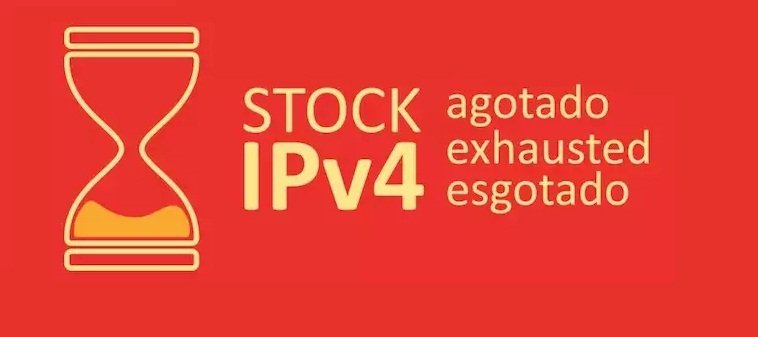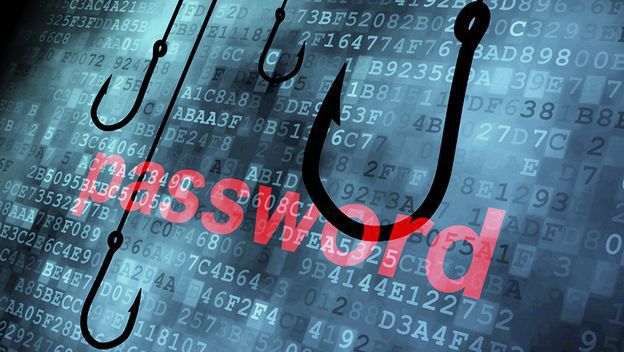Stocks address IPv4 unused in North America has fallen so low that there is now a waiting list. Since last year, it is announcing the end of IPv4 addresses before the arrival of IPv6, and it seems that the end has come.
As we read in CIO , last Wednesday for the first time, the American Registry for Internet Numbers(ARIN for its acronym in English) had to tell one of the applicants would have to wait addresses. The reason, ARIN did not have an address block large enough to meet the needs of the applicant.
ARIN president, John Curran said that this is a step in the way of exhaustion version four of the Internet protocols. IPv4 only have 4.3 million addresses and managers as ARIN and are running out of them.

Still, IPv4 requests continue to rise . For ARIN this figure is not surprising, considering that it is inevitable that these addresses are exhausted within the bit. The growth in demand and the existence of a dwindling supply could lead to total exhaustion in just a few weeks.
To prevent a large buyer does with all the missing addresses, ARIN is only offering a block of addresses every time. This organization receives 400 requests per month and has left some 500 addresses, so, as Curran said, is likely to run out in just one month.
Knowing this day would come a waiting list was established more than four years ago. Now, get on that waiting list is a problem for larger companies. All remaining blocks to ARIN are relatively small, with 512 points or less. Very small to large ISPs or companies that need a large number of addresses.
ARIN has not said who was the applicant that his request has been canceled, has just declared that since the organization verified that these addresses if needed and had approved its application. Now this applicant company will have to be done with a smaller block or wait for the ARIN available a wider block addresses.
For ARIN the only solution is the new protocol IPv6 . This new protocol will allow an almost unlimited number of addresses, more than a billion addresses. Some of the largest Internet companies are already using IPv6. On the opposite side, some IT departments are against the move because it can be time consuming and, for now, is very difficult and costly.
Fuente:https://www.muycomputerpro.com/

Trabajando como arquitecto de soluciones de ciberseguridad, Alisa se enfoca en la protección de datos y la seguridad de datos empresariales. Antes de unirse a nosotros, ocupó varios puestos de investigador de ciberseguridad dentro de una variedad de empresas de seguridad cibernética. También tiene experiencia en diferentes industrias como finanzas, salud médica y reconocimiento facial.
Envía tips de noticias a info@noticiasseguridad.com o www.instagram.com/iicsorg/
También puedes encontrarnos en Telegram www.t.me/noticiasciberseguridad










